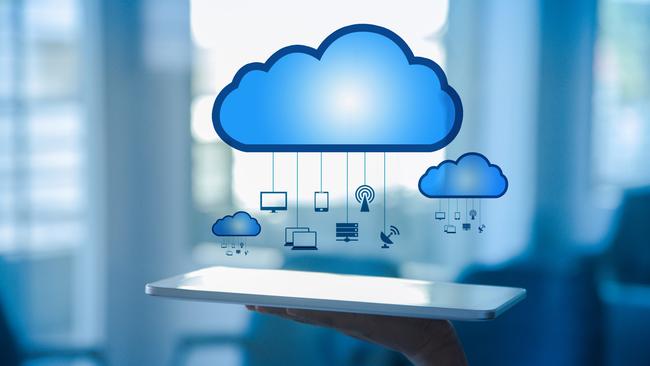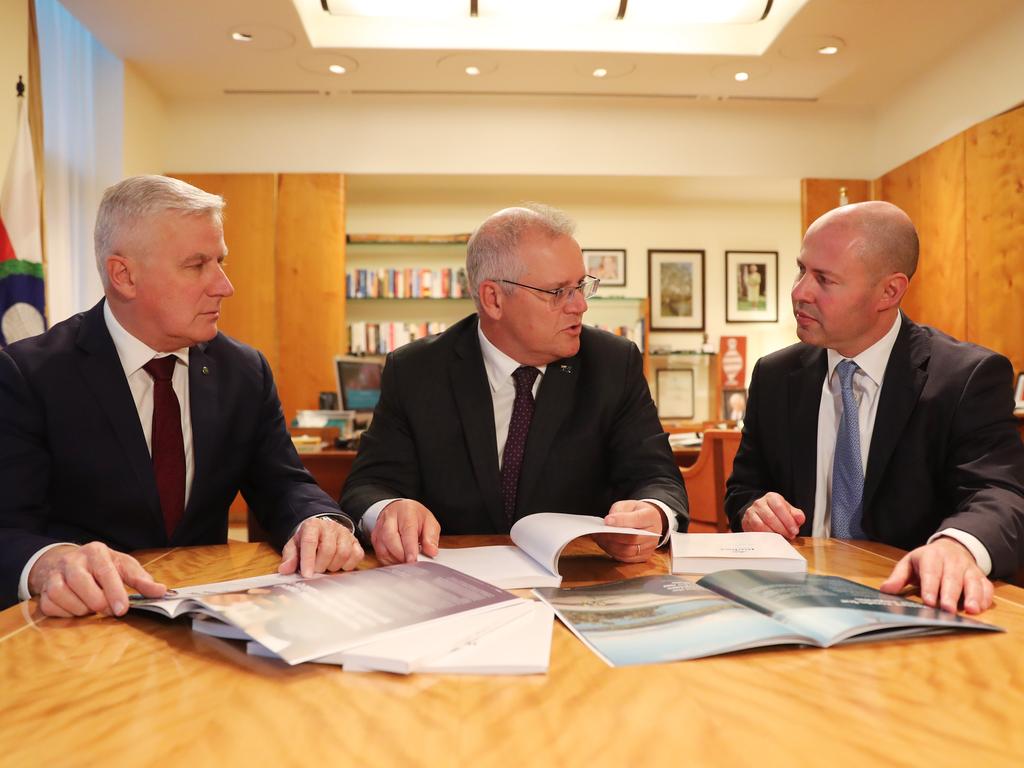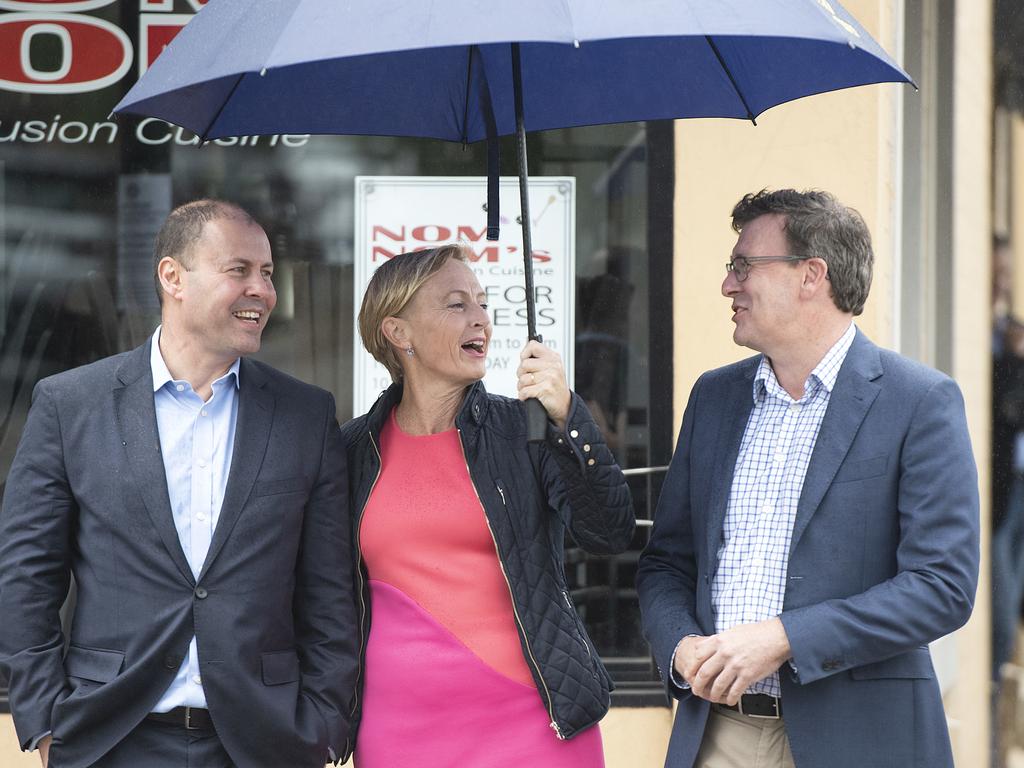Budget 2021: Digital incentives for small business a $10.5bn economic boost, MYOB says
Incentives to get small businesses to adopt cloud-based tools could turbocharge the economy’s digital transformation, experts say.

New government incentives to spur half a million small firms into embracing the digital economy would be worth an additional $10.5bn to the national economy, according to new industry modelling.
A centrepiece of Tuesday night’s budget will be a $1.2bn commitment to promoting digital innovation, with the Prime Minister previously announcing a target to make Australia a “leading digital economy by 2030”.
But one in five small and medium-sized enterprises have no or very low levels of digitisation, equivalent to nearly half a million firms, according to analysis by leading accounting software services provider MYOB.
MYOB policy executive Helen Lea said the government would be unable to fulfil its 2030 aspiration without lifting the digital capacity of the SME sector, which accounts for 35 per cent of annual national economic output and employs 4.8 million workers.
Ms Lea said closing the digital gap among smaller firms would contribute $10.5bn to the national economy by lifting productivity and profits in the sector.
The modelling echoes similar work done by the Business Council of Australia in a recently released digital economy plan, which recommended that digital services be included in a 20 per cent investment allowance for all businesses, and for the provision of tax incentives and grants worth up to $10,000 to help SMEs to invest in digital skills training, cyber security and e-invoicing.
The BCA said its plan would save Australians $210bn over 20 years.
Ms Lea said her firm was advocating for a rebate for SMEs of up to 40 per cent on the cost of taking up new subscriptions to cloud-based business services tools — across areas such as marketing, workforce and order management, compliance and bookkeeping.
The size of the rebate would increase in increments according to how much businesses spent on the software subscriptions, with smaller firms receiving bigger incentives than larger firms.
For example, a sole trade or micro business employing up to four people would be able to access rebates of 25 per cent for up to $499 in annual spending on cloud-based business tools, according to the MYOB proposal, with that rebate increasing to 30 per cent if they spend up to $1999, and lifting to 40 per cent for spending above that.
The rebate would apply to new subscriptions, and only for the first year.
“None of the existing asset write-off or R&D incentives are designed to cover SaaS (software as a service) tools which would be relevant for SMEs,” Ms Lea said.
Council of Small Business Organisations Australia chief executive Peter Strong supported MYOB’s call for a rebate on SaaS costs. He said during the pandemic “embracing technology has been essential for survival and growth”.
Mr Strong said worries around cyber security remained a barrier to small business owners taking up cloud-based services, and that education was key to assuaging those fears.
Deloitte Access Economics partner John O’Mahony agreed that many segments of the small business sector would benefit from more online tools.
“There is a big opportunity for the laggers to do better, and big financial benefits for small businesses to get online to use digital tools.”
Mr O’Mahony said there was “a clear rationale for governments to support the digitisation of small businesses, and they should consider how their support can be tailored for a cloud environment, where spending comes from operational budgets rather than capital budgets”.
“Cloud technology and data analysis are the two biggest drivers of digital change at the moment in business.”








To join the conversation, please log in. Don't have an account? Register
Join the conversation, you are commenting as Logout